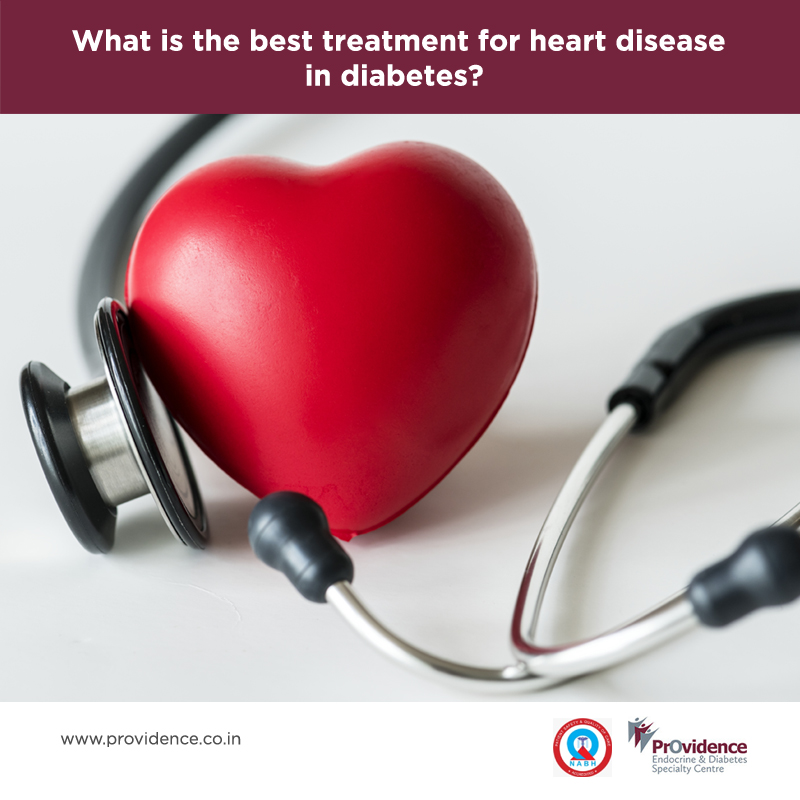People with diabetes have a two to fourfold increased risk of CVD and are up to three times more likely to die after myocardial infarction than people without diabetes. Regular exercise training, individual dietary modification, and smoking cessation are significant lifestyle changes for the primary prevention of CVD. Certain glucose-lowering medicines like sodium-glucose cotransporter 2 (SGLT2) inhibitors (Empagliflozin, Dapagliflozin, Canagliflozin) or injectable GLP-1 receptor agonists (Liraglutide, Dulaglutide) can reduce the risk of heart disease and death in people with diabetes and cardiac risk. In addition, strict blood pressure control with BP lowering medicines and management of LDL with statins reduces the risk of heart attacks in people with diabetes.
When a heart attack occurs, the aim should be to reach the hospital at the earliest to undergo primary angioplasty of thrombolysis. Coronary angiography can help decide the need for coronary artery bypass grafting. Long term treatment of these individuals will include medicines like antiplatelet drugs(Aspirin, Clopidogrel, Prasugrel), Beta-blockers, Statins and ACEI inhibitors.
Author
Dr. Deepa



